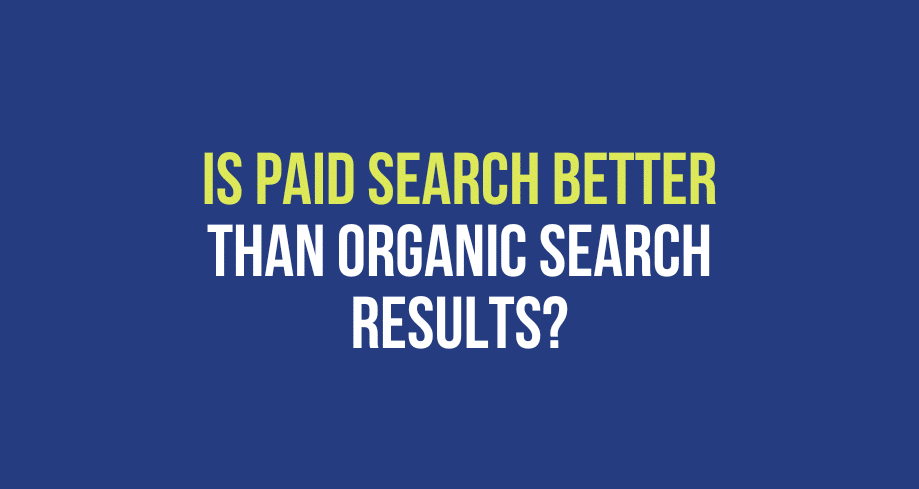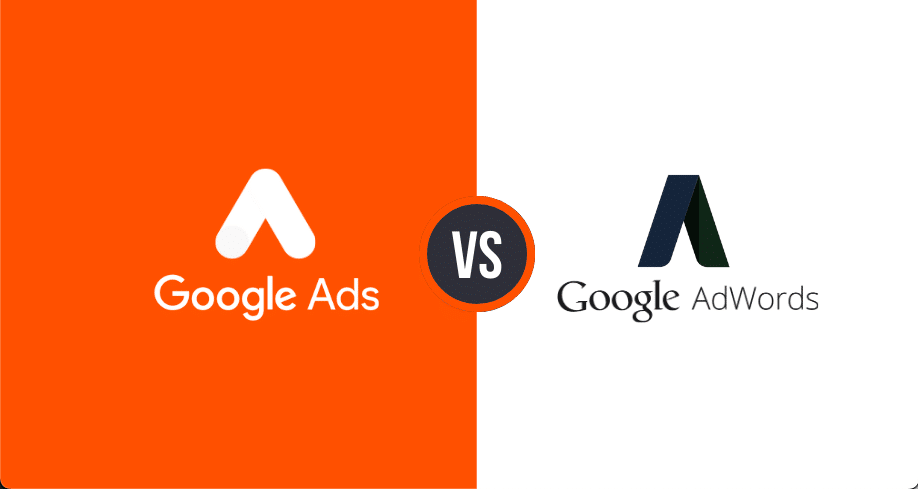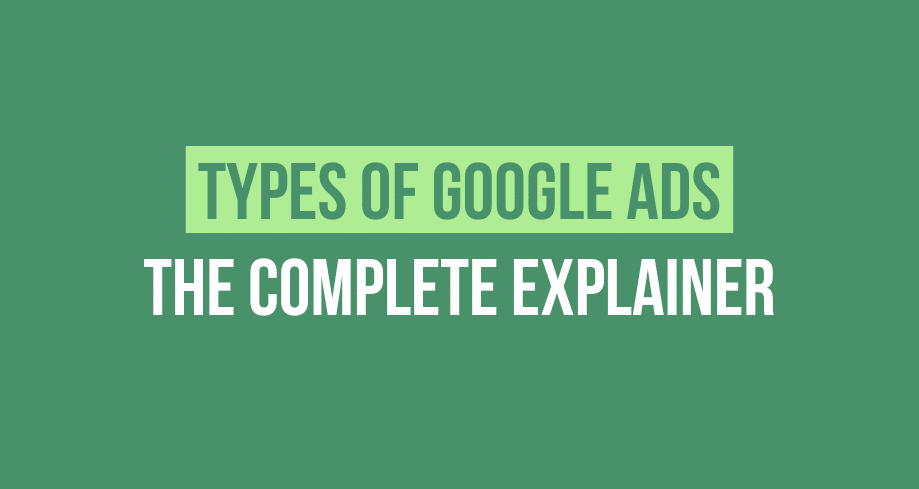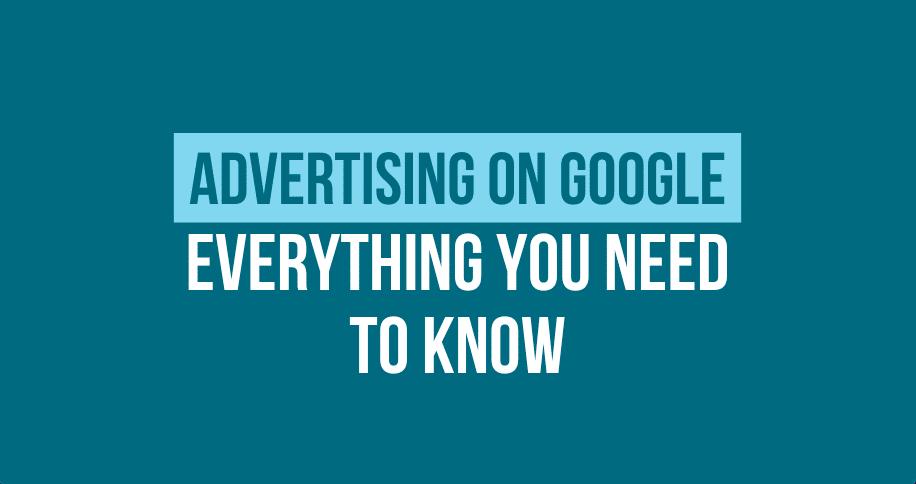Paid search marketing is a tool that can be used to drive valuable traffic to your website. It allows you to target customers who are actively searching for products and services related to what you offer, meaning that the leads you generate from paid search campaigns tend to be of higher quality than those generated from other forms of online advertising. With the right strategy in place, paid search can help you grow your business quickly and cost-effectively.
What Is Paid Search?
Paid search is an online marketing strategy used to quickly reach a target audience and generate leads or sales. It involves the use of keywords and other ad targeting criteria to place ads in search engine results pages (SERPs) when people perform searches related to those terms. Paid search works by bidding on these keywords and paying for each click-through your ad receives.
It is an effective way for businesses to get their products and services seen by potential customers, as users are already searching for them. Additionally, paid search allows you to measure your return on investment (ROI) almost immediately, providing valuable feedback on which campaigns are working and which need improvement.
Paid search campaigns allow advertisers to have greater control over where their ads appear, what keywords they target, what message appears with the ad, and how much they spend in total on the campaign. Advertisers can also set a budget cap to limit their spending. They may choose to bid higher for specific keywords that are especially relevant or valuable to their goals; bid lower on less important words; or pause bids altogether if they no longer wish to appear in certain areas or at certain times of the day.
Advertisers have many options when it comes to configuring creative ad elements. They can customize titles, descriptions, images, URLs, and calls-to-action depending on their specific needs and budget allocations. Plus, many platforms offer other features such as remarketing lists for paid search ads (RLSA) which allow marketers to display targeted messages based on prior website visitor behavior—a powerful tool when it comes to reaching potential customers who already know about the brand or product but hasn’t yet taken action.
Why Should You Use Paid Search?
Using paid search can help you gain visibility on keyword phrases related to your business and drive qualified traffic to your website. It’s an effective way to promote products or services and generate leads, while also providing valuable insight into user behavior. Paid Google search can directly influence conversions such as purchases, sign-ups, or inquiries, leading to increased revenue and ROI over time.
Ads are tailored to specific negative keywords or topics so they will only be displayed when users are searching for something specific that relates to the ad. This helps ensure relevance and quality traffic which is more likely to convert. It also enables you to target different types of audiences in various geographic regions with tightly focused campaigns – saving time and money compared with traditional forms of advertising like print media or TV spots.
Paid search also provides a great opportunity for testing different tactics. You can easily run several campaigns at once with different variations in the ad copy and targeting settings, track your performance data in real time, and make timely adjustments based on the results – all without breaking the bank. This allows you to identify what works best for your specific audience and budget so you can make more informed decisions about future campaigns.
How Does Paid Search Work?
Using paid search gives businesses access to a much larger audience than organic search or other forms of online advertising can. Advertisers bid on certain keywords that are relevant to their business and when someone searches for those terms, the advertiser’s ads appear alongside regular organic results. The advertiser pays an amount each time someone clicks on their ad, making it easier for them to target qualified leads and see a return on their investment than with organic search or other types of online advertising.
What is Paid Search vs SEO?
Paid Search is a form of advertising in which advertisers bid on specific keywords or phrases related to their product, services, or business in order to display ads in the sponsored section of the search engine results page (SERP). With paid search, an advertiser only pays when their ad is clicked on by a user. Paid search also allows for more control over how and when ads appear online, as well as who sees them.
SEO, on the other hand, focuses on achieving higher organic rankings for web pages without paying for space within the SERP. It involves optimizing content such as blog posts, product descriptions, and website design elements to make them more attractive to search engine algorithms so that they can achieve higher organic rankings for pages related to their business. SEO also includes activities such as link building, keyword research, strategic internal linking, and technical audits that can help increase visibility and engagement with target audiences.
What is Paid Search vs SEM?
Paid search vs SEM (Search Engine Marketing) is a comparison between two different types of marketing strategies used to drive traffic to a website or webpage. The paid search involves paying for ads on search engine results pages (SERPs) in order to appear higher up in the SERP rankings and gain more visibility.
The cost of these ads can vary depending on the keyword, industry, and competition level. On the other hand, Search Engine Marketing (SEM) is an umbrella term that encompasses both organic and paid search strategies, such as SEO and PPC. With SEM, you have greater control over your campaigns as you can target specific keywords and tailor content to maximize visibility and conversions.
When deciding which of these two strategies to use for your business, it’s important to evaluate how much time you have available for each campaign and how much money you are willing to invest. Paid search may be more effective for businesses looking for quick results with minimal effort since the ad placement is managed by the search engine itself.
This gives them more control over who sees their ads and when they will show up on SERPs. However, SEM requires a lot of research and optimization before it can provide consistent results. It also usually takes a longer amount of time before you start seeing any returns from your investment.
What Are the Types of Paid Searches?
The primary types of paid search are pay-per-click (PPC), cost-per-thousand-impressions (CPM), and cost-per-acquisition (CPA). PPC involves paying a fee each time a user clicks on an advertisement. With CPM, advertisers pay a fee for every thousand impressions their ads receive. CPA requires the advertiser to pay a fee when a goal is achieved, such as when someone makes a purchase or signs up for an email list.
What is an Organic Search Impression or Result?
An organic search impression or result is a listing that appears on a search engine results page (SERP) after a user has entered a query. Organic search results are not advertisements, rather they are based upon the relevance of the content to the query made by the user and are determined by algorithms set up by the search engine. Organic impressions and results can come from any website that fits into the guidelines and criteria set by the specific search engine.
Organic impressions and results are often distinguished from paid advertisements as they appear “naturally” within SERPs, meaning they will increase the visibility without having to pay for it. It should be noted though that while organic impressions and results may appear without having to pay for them, websites must still meet certain requirements in order to rank prominently in SERPs on popular search engines such as Google or Yahoo!
This includes creating quality content that is optimized with keywords relevant to what users might be searching for as well as ensuring websites have good technical structure and design. Additionally, content must be regularly updated in order for websites to maintain their rankings on SERPs.
What is a Text Ad?
A text ad is an advertisement or promotion that consists exclusively of text-based content, usually consisting of a headline, description, and call-to-action phrase. Unlike other forms of advertising and marketing such as display ads and video ads, text ads only contain written content and don’t require any additional multimedia components to be effective.
Text ads are most commonly used in search engine marketing (SEM) campaigns to promote products or services on the sponsored results pages of major search engines like Google, Bing, and Yahoo. These types of ads can also be used in other digital channels like social networks and email newsletters.
Best Tools to Help you with Paid Search
- Google Ads
- Bing Ads
- WordStream PPC Software
- AdEspresso
- Kenshoo Search Platform
- Microsoft Advertising Intelligence Tool
- Marin Software for Paid Search and Social Ads
- SpyFu for Pay Per Click (PPC) Campaigns
- Acquisio Search Platform Solutions
- AdRoll Retargeting and Prospecting
How Do Search Engines Determine Ad Rankings?
Search engines determine ad rankings using a variety of criteria including relevancy, bid amount, and user behavior. Relevancy is determined by the keywords that are present in the advertisement as well as its overall theme. The bid amount is directly proportional to the maximum amount that an advertiser is willing to pay for each click-through. User behavior plays a major role in determining ad rankings; search engines track user activity such as clicks, impressions, and conversions to better understand the type of content users are engaging with. This data helps determine how ads are ranked so that advertisers can get the most value from their campaigns.




